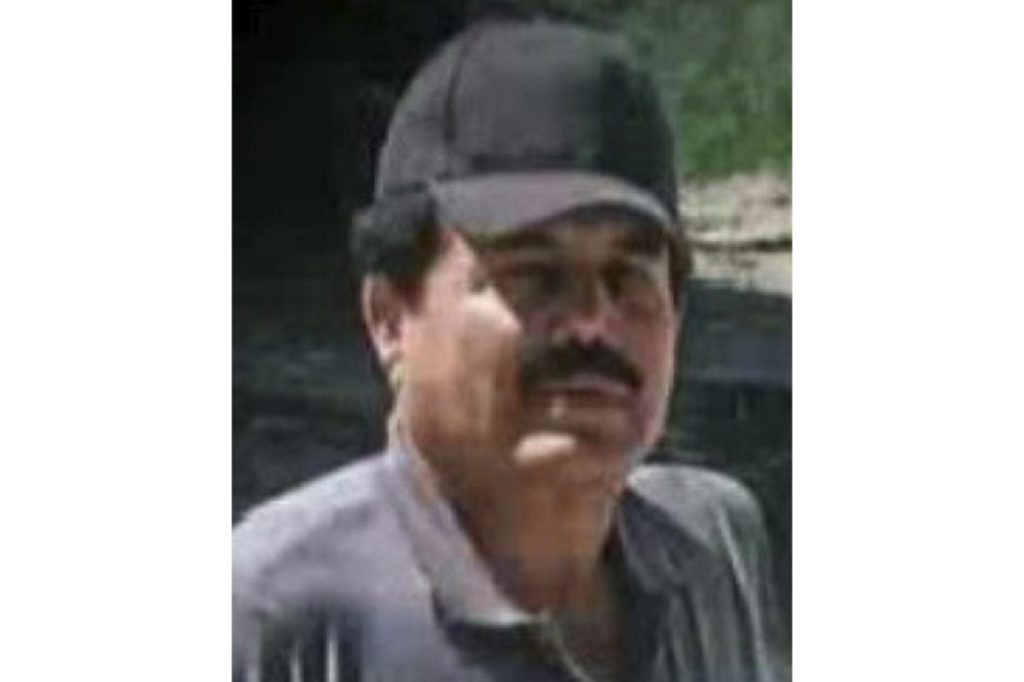The capture of Mexico’s most-wanted drug lord, Ismael “El Mayo” Zambada, by the United States has sparked controversy in Mexico. Mexican prosecutors are considering bringing treason charges against those involved in handing him over to U.S. authorities. President Andrés Manuel López Obrador has been critical of U.S. intervention and has refused to confront Mexico’s drug cartels. He has questioned the U.S. policy of detaining drug cartel leaders and believes the Zambada case may be part of a U.S. plot to smear his Morena party by tying them to drug lords.
The situation began when Joaquín Guzmán López, a son of imprisoned cartel leader “El Chapo” Guzmán, abducted Zambada and forced him onto a private plane heading to the U.S. U.S. officials claim Guzmán López had been in negotiations with them for some time about possibly turning himself in. The plane unexpectedly landed near El Paso, Texas, and both Zambada and Guzmán López were arrested and charged with drug trafficking and other crimes in the U.S. Zambada, considered the Sinaloa cartel’s strategist, was thought to be more involved in its day-to-day operations than “El Chapo.”
In response to the capture, Mexico’s Attorney General’s Office has opened a criminal investigation for possible charges of illegal flight, illicit use of airports, immigration and customs violations, kidnapping, and treason. The treason charge is based on a clause in Mexico’s penal code that includes the illegal abduction of a person in Mexico to hand them over to authorities of another country. This clause was reportedly influenced by a past incident involving the illegal handover of a Mexican doctor to U.S. authorities.
Zambada’s lawyer released a letter from his client claiming he was ambushed and kidnapped when he believed he was going to meet the governor of Sinaloa. The letter raised questions about potential links between drug traffickers and politicians in the region. However, Governor Rubén Rocha Moya denied any involvement with the criminals and stated he was not in Sinaloa on the day of the abduction. The Attorney General’s Office has taken over the case from state prosecutors and is investigating the governor’s possible involvement.
Overall, the capture of Zambada and the involvement of Guzmán López have raised questions about the complex and sometimes murky relationships between drug traffickers and political figures in Mexico. The situation has also highlighted the tension between the U.S. and Mexico in dealing with drug cartels and the controversial methods used by both countries in addressing the issue. The outcome of the investigations and legal processes surrounding this case will likely have significant implications for both countries and their ongoing efforts to combat drug trafficking and organized crime.


